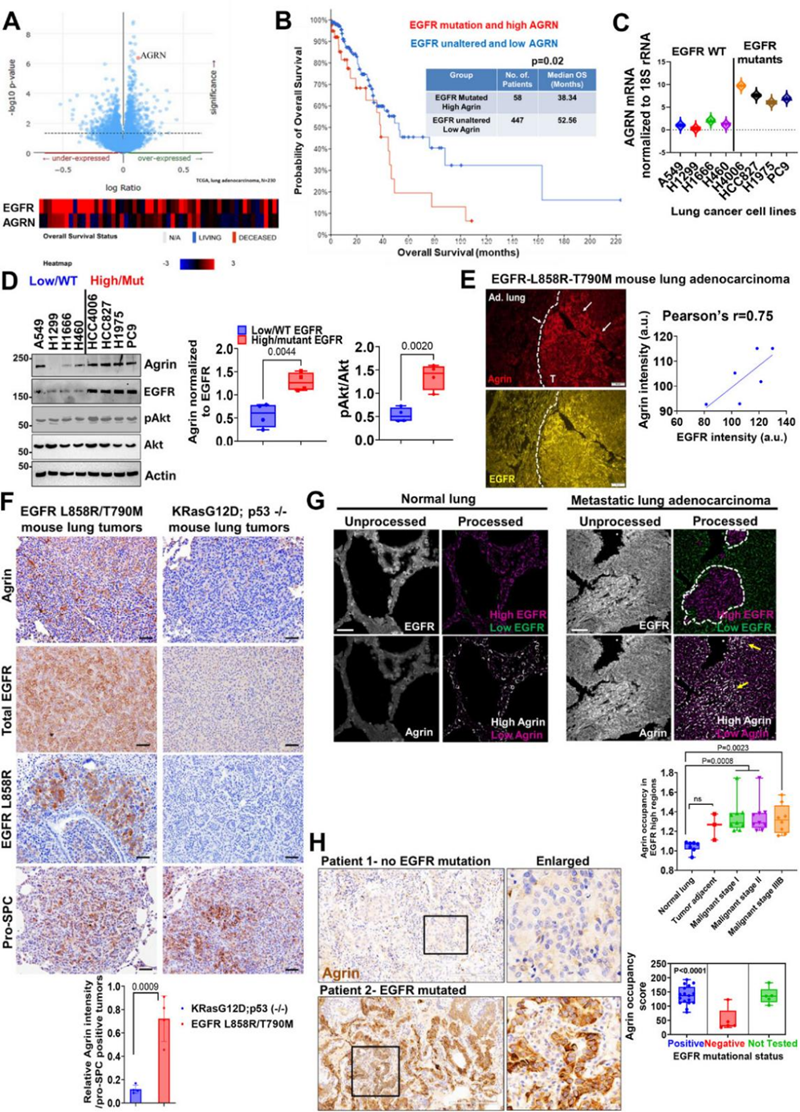Melanoma is the most dangerous type of human skin cancer, especially NRAS mutant melanoma, which has become a difficult problem in the medical community due to its extremely high invasiveness and poor prognosis. At present, this cancer is mostly indifferent to existing immunotherapy and targeted drugs, leaving patients and doctors helpless.
However, in a research report titled "Blocking Nitrosylation Induces Immunogenic Cell Death by Sensitizing NRAS-Mutant Melanoma to MEK Inhibitors" published in the international journal Cancer Research recently, scientists from Moffitt Cancer Center and other institutions hope to bring new hope to conquer this "stubborn" melanoma through research.
In the battlefield of cancer treatment, melanoma has always been a difficult fortress to conquer. In particular, NRAS mutant melanoma accounts for about 25% of all melanoma cases and can show strong resistance to existing treatments. Immunotherapy and targeted drugs have achieved remarkable results in other cancers, but the treatment effect on NRAS mutant melanoma is not satisfactory. This cancer seems to have some kind of "protective mechanism" that allows it to survive treatment and evade the attack of the human immune system.
| Cat.No. | Product Name | Price |
|---|---|---|
| CLKO-1043 | NRAS KO Cell Lysate-HEK293T | Inquiry |
| CLKO-1519 | NRAS KO Cell Lysate-HeLa | Inquiry |
| CSC-DC010610 | Panoply™ Human NRAS Knockdown Stable Cell Line | Inquiry |
| CSC-RO01267 | Human NRAS Stable Cell Line - BaF3 | Inquiry |
| CSC-RO0744 | Human NRAS-Q61R Stable Cell Line - Ba/F3 | Inquiry |
| CSC-RO0745 | Human NRAS-Q61K Stable Cell Line - Ba/F3 | Inquiry |
| CSC-RO0746 | Human NRAS-G12C Stable Cell Line - Ba/F3 | Inquiry |
| CSC-RO0747 | Human NRAS-G12D Stable Cell Line - Ba/F3 | Inquiry |
| CSC-RT0360 | NRAS Knockout Cell Line-293T | Inquiry |
| CSC-RT1672 | Human NRAS Knockout Cell Line-HeLa | Inquiry |
| CSC-SC010610 | Panoply™ Human NRAS Over-expressing Stable Cell Line | Inquiry |
| AD11000Z | Human NRAS adenoviral particles | Inquiry |
Researchers have found that this "protective mechanism" may be related to a chemical process called "nitrosylation". Nitrosylation is a post-translational modification of proteins induced by nitric oxide, which can affect cell signaling by changing the structure and function of proteins. When nitrosylation is blocked, NRAS mutant melanoma cells will be significantly more sensitive to MEK inhibitors (a targeted drug for the MEK-ERK signaling pathway). This discovery not only provides new ideas for the treatment of melanoma, but also brings new hope to the field of cancer treatment.

Figure 1. Detection of the Nitrosylated Proteome in NRAS-mutant Melanomas. (Srivastava J, et al., 2025)
In this study, the researchers found that blocking nitrosylation can make NRAS mutant melanoma cells more sensitive to MEK inhibitors. This combination therapy can not only significantly slow tumor growth, but also activate the body's immune system by inducing immunogenic cell death (ICD). ICD is a special type of cell death that enables tumor cells to release "distress signals" to attract immune cells (such as CD8-positive T cells and dendritic cells) to attack tumors. This combination therapy can not only directly inhibit tumor growth, but also bring patients a more lasting therapeutic effect by enhancing the body's own anti-tumor immune response. This is undoubtedly a great boon for NRAS mutant melanoma patients who currently have limited treatment options.
In the article, the researchers first experimented with a variety of NRAS mutant melanoma cells in the laboratory. The results showed that blocking nitrosylation can significantly reduce the half-inhibitory concentration (IC50) of MEK inhibitors, which means that the cells are significantly more sensitive to the drug. Further experiments showed that this combination therapy can continuously inhibit the activation of the ERK signaling pathway, which is one of the key signaling pathways for tumor growth. In the animal model, the researchers used a mouse model with NRAS mutations, which can form tumors rapidly. The experimental results showed that the tumor growth rate in mice treated with a combination of nitrosylation inhibitors and MEK inhibitors was significantly slowed, and the tumor volume was significantly reduced. More importantly, this treatment did not have a negative impact on the overall health of the mice, which shows that this combination therapy has a good safety profile.
This study not only reveals the important role of nitrosylation in NRAS mutant melanoma, but also provides strong evidence for the development of new treatment strategies. By blocking nitrosylation, the researchers were able to successfully weaken the defense mechanism of melanoma cells, making them more susceptible to drug killing and stimulating the body's immune system to attack. This "two-pronged" strategy can not only directly inhibit tumor growth, but also prevent tumor recurrence by enhancing immune response.
For patients with NRAS mutant melanoma, this study brings new hope. Currently, the treatment options for this cancer are very limited, and this new combination therapy is expected to provide patients with more effective treatment options. The researchers said that in the future they will further explore the application of nitrosylation inhibitors in clinical treatment and try to combine them with other treatments to bring benefits to more cancer patients.
Reference
Srivastava J, et al. Blocking Nitrosylation Induces Immunogenic Cell Death by Sensitizing NRAS-Mutant Melanoma to MEK Inhibitors. Cancer Research, 2025.

